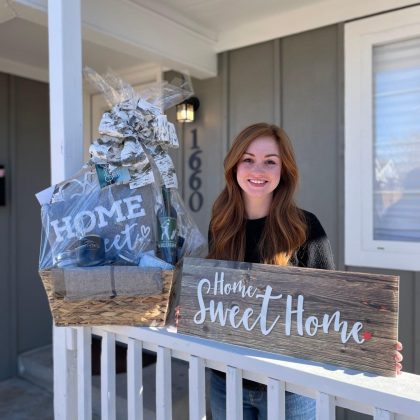The Role of a Real Estate Agent in Pricing
First of all, there is no “exact price” for your home, and we don’t tell you what we think its “worth”. It is the market that determines value, and together we will determine the asking prices. We will show you a range of prices being paid for homes in your area and give you a complete market analysis. At left is a chart of how each individual involved values a property.
The bottom line is that your home is worth either: What a ready and able buyer is willing to pay, OR the price you are willing to keep it for!
 Determining Value
Determining Value
The market determines value, not the agent. Completing a competitive market analysis will enable us to price your property according to the market. This value pyramid illustrates how certain features of your home helps determine value.
The Value of Improvements
Ask yourself the following questions regarding your improvements or amenities:
- When were the improvements made?
- At that time, were you planning on staying or moving in the future?
- If you’d known you were going to move, would you still have made the same improvements?
- If the improvements were removed, what % of buyers would pay to put them back and would they make the same choices?
Knowing the answers to these questions will help you and your agent put a price on these amenities. Remember that amenities only represent about 10% of the value of your home.
Pricing Strategies, Philosophies & Concerns:
Market Conditions vs Marketing Plan
A REALTOR cannot control the market conditions, only the marketing plan to obtain the best price and terms possible for the current market’s state. It’s important to determine what kind of market you are currently in:
- Are we in a rising or falling market?
- Are we in a buyer’s or seller’s market?
- Do you have the “law of supply and demand” on your side?
There are 4 kinds of numbers used to represent the price of a property:
- Cost – what was paid + capital improvements
- Price – what the sellers want
- Value – what the buyer is willing to pay
- Market Value – what a willing buyer and seller will agree upon
Substitution is the value of an amenity in a home that is based upon the amount it will enhance the selling price, not what it would cost to add it to a home.
Here is an example report of CMA or comparative market analysis
Reasons for Not Overpricing
- Over-improvement – a seller cannot selectively add to their lifestyle and enjoy it and expect a buyer to pay for the complete original cost.
- Need – the need for money does not increase market value.
- Original price was too high – you make your money when you buy, not when you sell!
- Desire to break even – can’t control the market when you buy, only when you sell.
- To leave bargaining room – this may be the only shot at negotiating…
A property should show the best and be priced properly right from the start. The buyers looking at your property in the first couple of days and weeks are your “best” buyers. These buyers have already been looking, and have seen the competition and are waiting for the right house to come along.
Be Aware of Tax Implications
Selling a home can have a major impact on federal and state taxes. Check with your tax consultant on the factors that may affect you resulting from the sale of your home.
For example:
- Whether you purchased your home or acquired it as a gift or inheritance
- Whether you used your home partly for business or rental
- Costs associated with selling your home
- Home improvements or additions, which may help offset capital gains
- The sale of your home (in certain cases, you may be exempt from capital gains taxes up to the amounts of $250,000 per person or $500,000 per married couple if the property was your primary residence for 2 of the previous 5 years).

